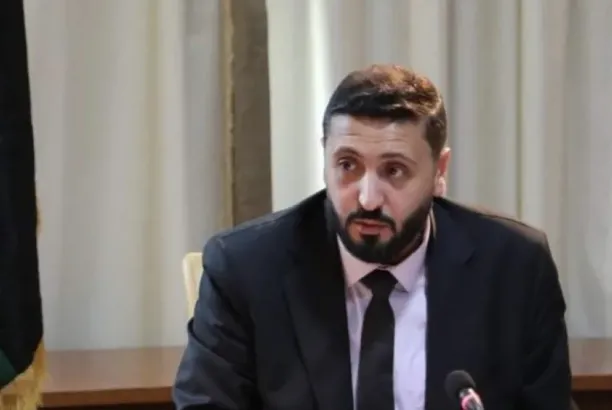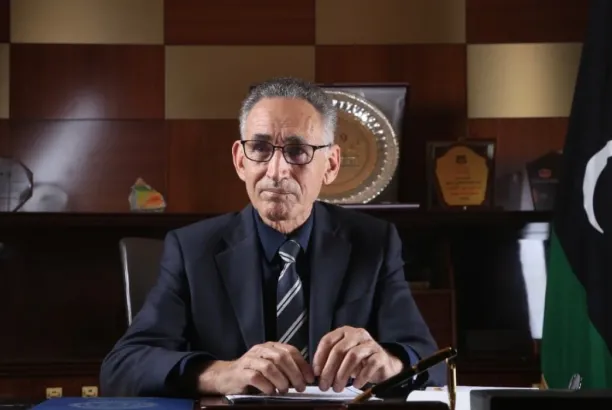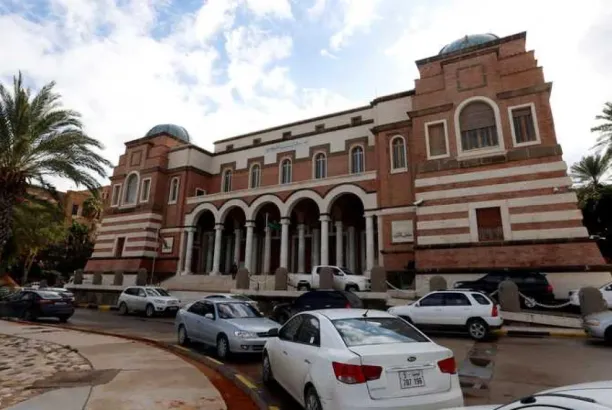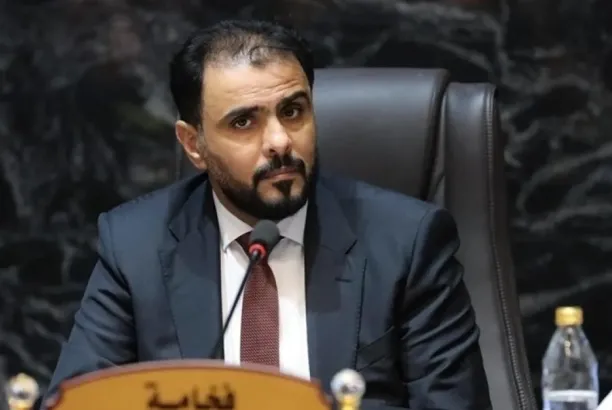
| News
Statement Regarding the Presidential Council’s Encroachment on the Jurisdictions of Legislative Authorities
The High Council of State has issued a statement regarding the Presidential Council’s encroachment on the legislative bodies’ authorities. This is a confirmation of the governing principles outlined in the Libyan Political Agreement, which stipulates:
- Commitment to the principle of separation of powers among the legislative, executive, and judicial branches.
- Full adherence to relevant United Nations Security Council resolutions concerning the Libyan issue, foremost among them Resolution 2259, and subsequent resolutions.
- Based on the second paragraph of Article 60 of the Libyan Political Agreement, which states that all parties must respect the institutions arising from this agreement and pledge to support them and not undermine their independence and granted powers.
- Based on Article 15 of the Libyan Political Agreement, which stipulates that the authority to decide on leadership positions for sovereign roles, including the Governor of the Central Bank of Libya, in terms of dismissal and appointment, is vested in agreement between the two councils (the House of Representatives and the High Council of State), with no involvement from the Presidential Council.
- This is in accordance with the applicable legislation, such as Law No. 1 of 2005, which stipulates that the Central Bank is under the authority of the legislative power.
- Referring to the High Council of State’s rejection of Resolution No. 3 of 2018 issued by the House of Representatives for its violation of Article 15 of the Libyan Political Agreement, as there was no agreement between the councils for the appointment of the Governor of the Central Bank of Libya; and also noting that the United Nations Support Mission in Libya rejected it at the time for the same reason. Additionally, reminding of the provisions of Article 2 of the outcomes of the Libyan Political Dialogue Forum, which outlined the Presidential Council’s competencies in executive affairs and granted it – exclusively – the authority to appoint and dismiss the following positions: Head of the General Intelligence Agency unless opposed by the House of Representatives, Head and members of the High Commission for Reconciliation, and other heads of state-affiliated agencies according to the applicable legislation.
Therefore, the High Council of State affirms that the decision published on the official page of the Presidential Council regarding the appointment of the Governor of the Central Bank of Libya is null and void, without value, and should not be recognized, in accordance with the provisions of the Constitutional Declaration, the Libyan Political Agreement, and the political understandings between the councils (Abu Zniqa) and Security Council resolutions.
It also confirms the continuation of Mr. Sadiq Omar al-Kabir’s appointment as Governor of the Central Bank of Libya until a decision is made on sovereign positions according to Article 15 of the Libyan Political Agreement.






